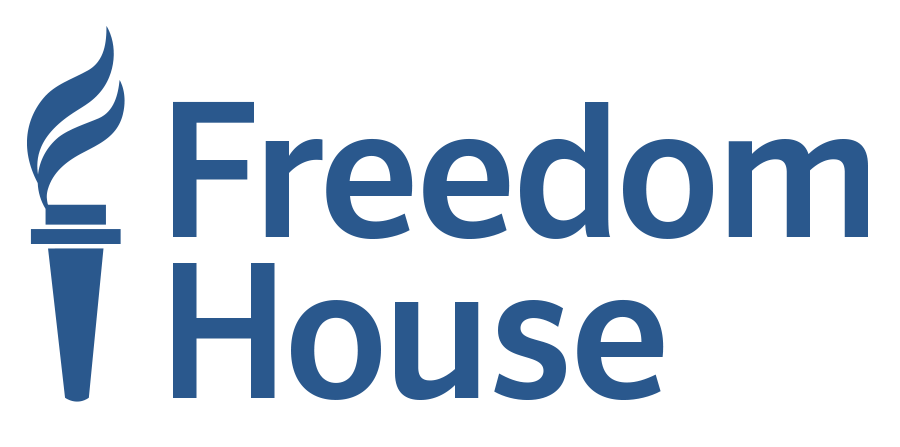


 On November 14, 2017 Freedom House published an annual report on Internet freedom around the world. Georgia obtained a score of 24 out of 100 and was assessed as “Free” in terms of Internet freedom. The country’s score improved by 1 point compared to 2016.
On November 14, 2017 Freedom House published an annual report on Internet freedom around the world. Georgia obtained a score of 24 out of 100 and was assessed as “Free” in terms of Internet freedom. The country’s score improved by 1 point compared to 2016.
Among other key developments, the report covers the cases of brief blocking of video-hosting platform Vimeo, when the government attempted to restrict access to leaked videos featuring Georgian politicians. Despite this blocking incident, the report claims that the Internet remained relatively free from censorship in Georgia, as Internet penetration increased and reached to 50%.
In terms of obstacles to Internet access, the Freedom House report discusses the issues of distribution of Internet users among several Internet service providers (ISPs), usage of social networks and importance of long-term state strategy for development of Internet infrastructure are discussed. More specifically, competition on Internet market is “minimal”, since two ISPs control more than two-thirds of the market (wired Internet market). Similarly, mobile Internet market is also dominated by two main providers. Inadequate infrastructure, low speed Internet and digital divide remain as hindrances. In order to overcome these challenges the government set up the non-commercial legal entity Open Net to build broadband infrastructure. The report mentions public concerns about lack of transparency and inclusiveness of the project. In addition, there is a lack of information about the progress of the government program.
When it comes to online activism, the report mentions a growing impact of Internet use for disseminating information, mobilizing people for a common cause and waging online campaigns. As an example, the study mentions a digital campaign against overly-broad surveillance laws launched by the NGO coalition “This Affects You Too” in frames of which up to 300 appeals were collected and submitted to the Constitutional Court.
As far as online media content is concerned, according to the report, Georgian media landscape is becoming diverse, however, proliferation of unbiased and unreliable media content, especially anti-Western propaganda, was observed.
In terms of violations of users’ rights - the Freedom House report covers the arrest of rapper duo “Birja Mafia” by the police on charges of illegal purchase and possession of excess amount of drugs. However, as the accused men and their supporters argued, the charges were fabricated, and the arrest could be connected to their video they posted on Youtube mocking the police. Following mass demonstration protesting the arrests, rappers were released on bail. Despite this isolated incident, the report maintains, “Georgian citizens are generally free to express themselves online without fear of legal sanction.”
Moreover, Freedom House focuses on the issue of surveillance and overviews the latest developments in this regard. In particular, the report discusses the functions of newly established entity called the Operative Technical Agency (OTA). It also mentions public concerns about OTA’s power to have direct access to telecommunications data, compel ISPs to cooperate in investigation and fine them for non-compliance, as it is still operating under the State Security Service.
Evaluation of each country includes a detailed narrative report and a numerical score based on three categories: obstacle to access, limits on content and violations of user rights. The 2017 report covers the period between June, 2016 and May, 2017.
It is noteworthy, that IDFI (Institute for Development of Freedom of Information) representative, Teona Turashvili has been a contributor author to the Freedom on the Net program since 2013. Therefore, she was involved in the preparation of the 2017 country report.